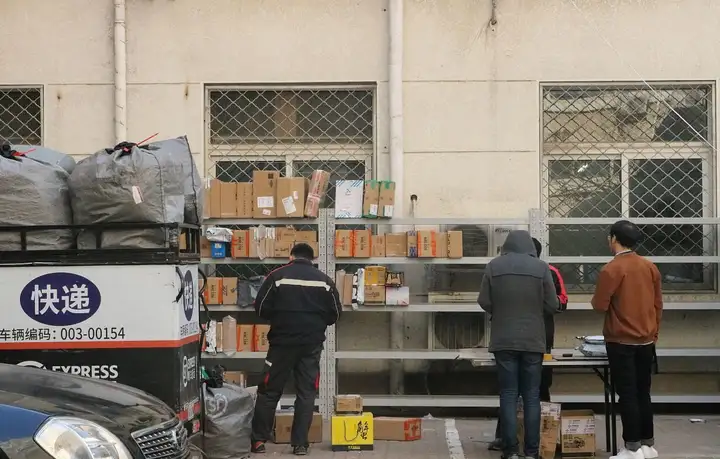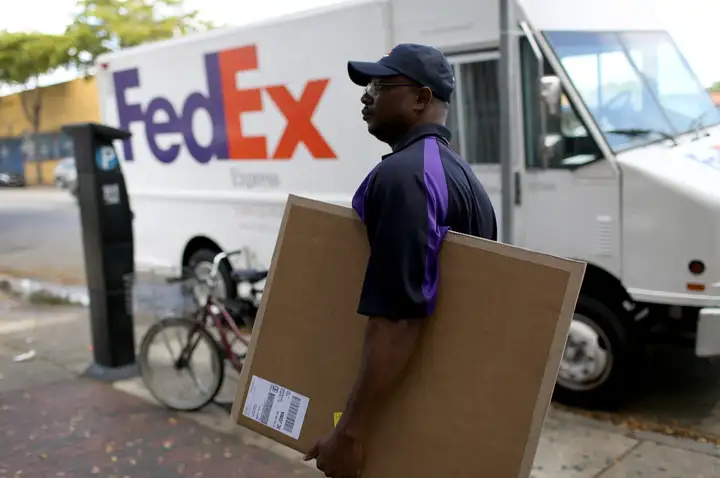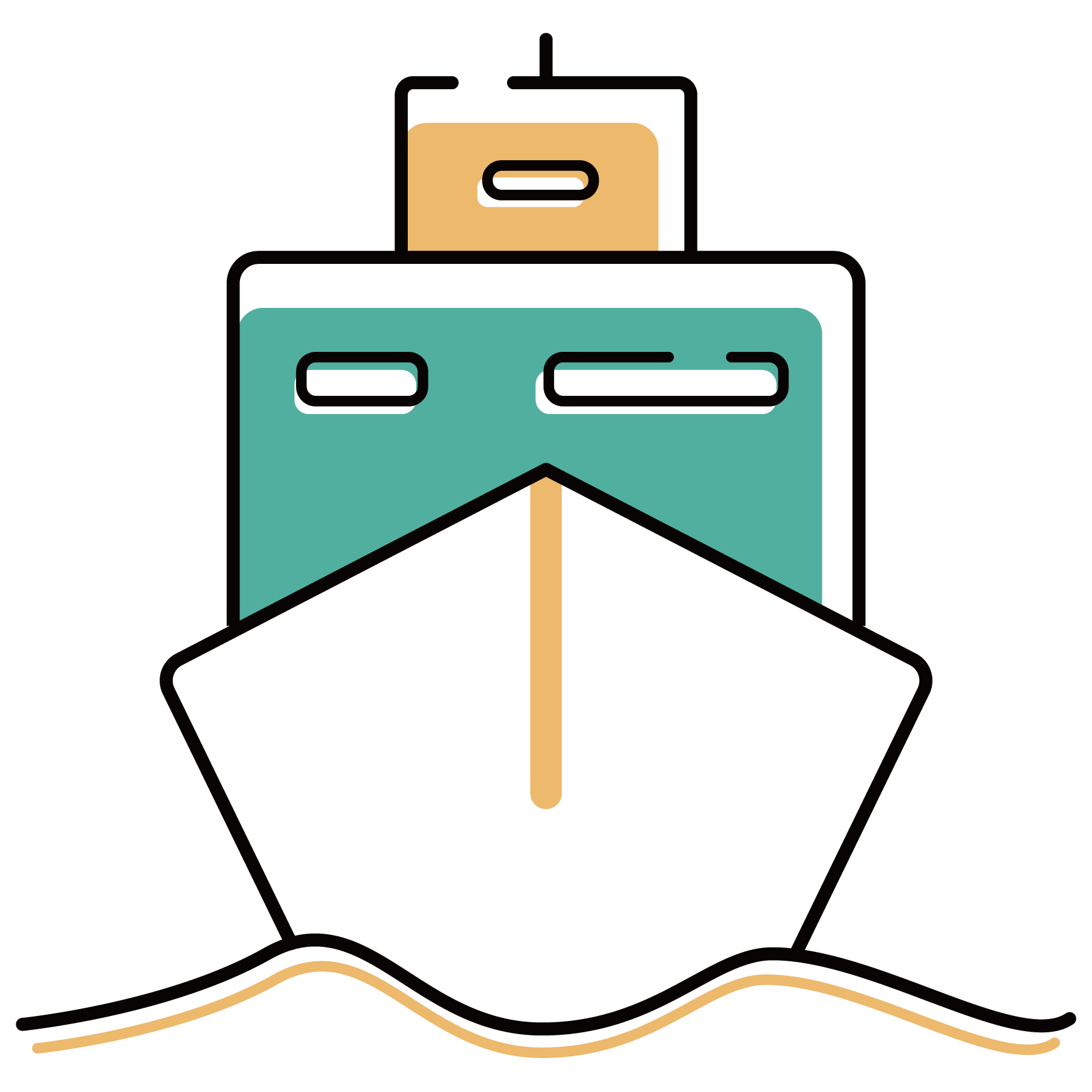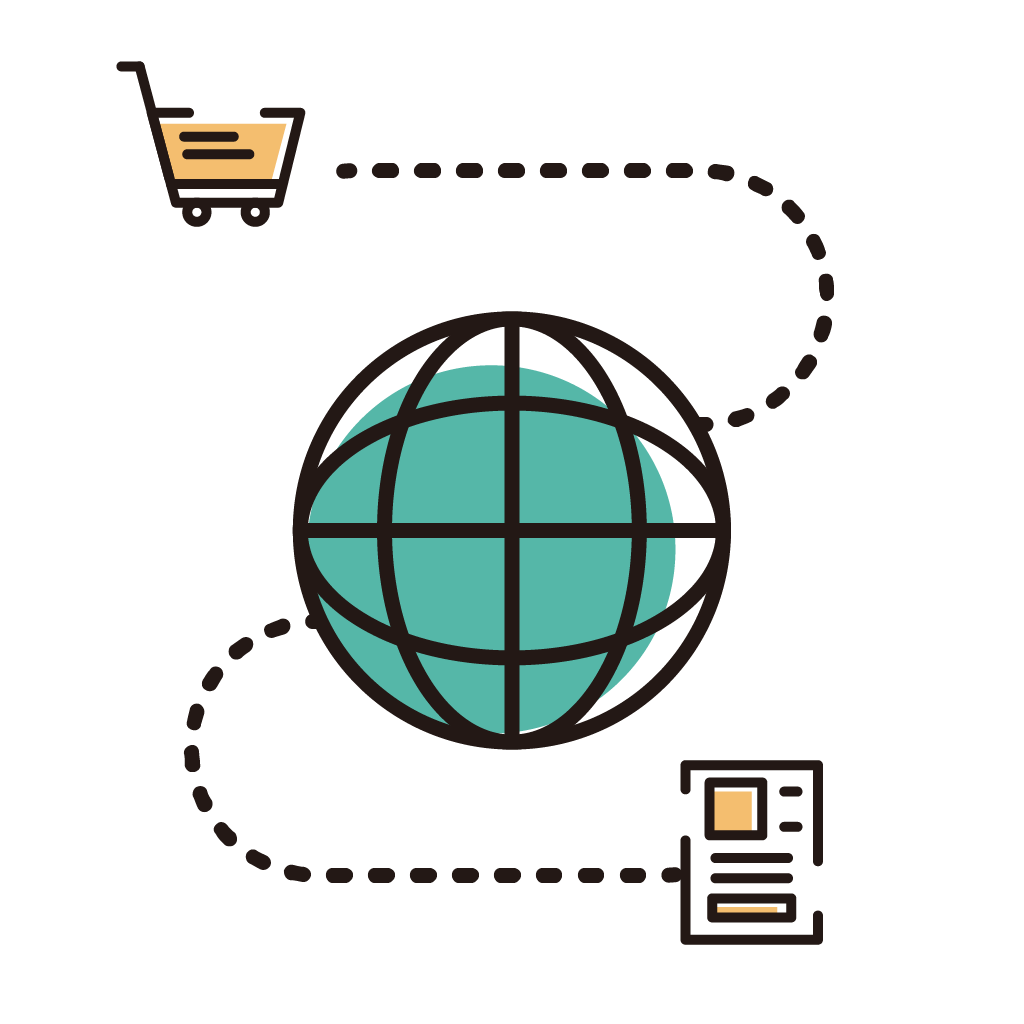Most people who shop overseas are concerned about one issue: Will the packages they send by mail be taxed?
The following two conditions must be met at the same time to be taxed:
Unfortunately, it is randomly checked by customs;
The total value of the goods in the package exceeds the tax point of the destination country.
In order to make overseas parties happy to send parcels, FLY will take you to understand the tax points of some countries~to help you better understand the tariff policies of various countries and reduce the risk of being taxed
United States
The import tariff policy of the United States is relatively complex, and the tariff rate depends on the type and value of the imported goods. Generally speaking, the U.S. Customs imposes basic tariffs on imported goods, and also imposes countervailing duties and anti-dumping duties on some goods.
For personal mailing items, the U.S. Customs stipulates that goods with a value of no more than US$800 are exempt from tariffs.
Japan
Japan's tax reform has been gradually advancing in recent years, aiming to reduce taxes, eliminate unequal terms and fill loopholes in the original tax system. For imported goods, Japanese customs will levy tariffs based on the type and value of the goods.

Malaysia
Malaysia imposes customs duties and VAT on imported goods. From March 1, 2024, Malaysia will significantly increase the service tax rate for digital services provided by foreign registered persons to domestic consumers from 6% to 8%.
For personal mailing items, Malaysian Customs will decide whether to impose customs duties based on the type and value of the goods.
Australia
Australian Customs imposes tariffs and goods and services tax (GST) on imported goods.
For personal mailing items, Australian Customs stipulates that the value of the goods does not exceed 1,000 Australian dollars and is exempt from GST.
Thailand
Thailand imposes a value-added tax on imported goods. The statutory rate is 10%, but it is currently reduced to 7%.
For personal mailings, Thai customs will decide whether to impose tariffs based on the type and value of the goods.
United Kingdom
UK Customs imposes VAT and standard rate tariffs on imported goods. From January 2024, the UK tax authorities require platforms to report seller information and income to strengthen tax supervision.
For personal mailing items, UK Customs has a certain tax-free amount, but the specific amount will vary depending on the type and value of the goods.

South Korea
South Korea's tariff policy is based on commodity classification, and different commodities have different tax rates.
Generally, Korean Customs will impose tariffs, value-added tax, and consumption tax on imported goods. For personal mailing items, Korean Customs stipulates that goods with a value exceeding a certain amount (usually US$150) are subject to tariffs and taxes.
Singapore
Singapore has a relatively relaxed tariff policy, with zero tariffs on many goods. Singapore Customs imposes tariffs and Goods and Services Tax (GST) on imported goods.
For personal mailing items, Singapore Customs stipulates that goods with a value exceeding a certain amount (usually 400 Singapore dollars) are subject to GST.
Canada
Canada’s tariff policy varies depending on the type of goods and their country of origin. Canadian customs imposes tariffs, value-added tax, and consumption tax on imported goods.
For personal mailing items, Canadian customs stipulates that goods with a value exceeding a certain amount (usually 20 Canadian dollars) are subject to tariffs and taxes.

EU
EU member states implement a unified tariff policy on imported goods, namely the EU common tariff. Tariff rates vary depending on the type of goods and their origin.
For personal mailing items, customs in EU countries have different duty-free quota regulations, but generally speaking, items with low value and for personal use can enjoy duty-free treatment.
In short, understanding the tariff policies of various countries is crucial for sending international express. If you are unlucky enough to encounter customs taxation, just pay the tax normally.
Finally, if you still have questions or you have shipping needs, you can send us a private message~























